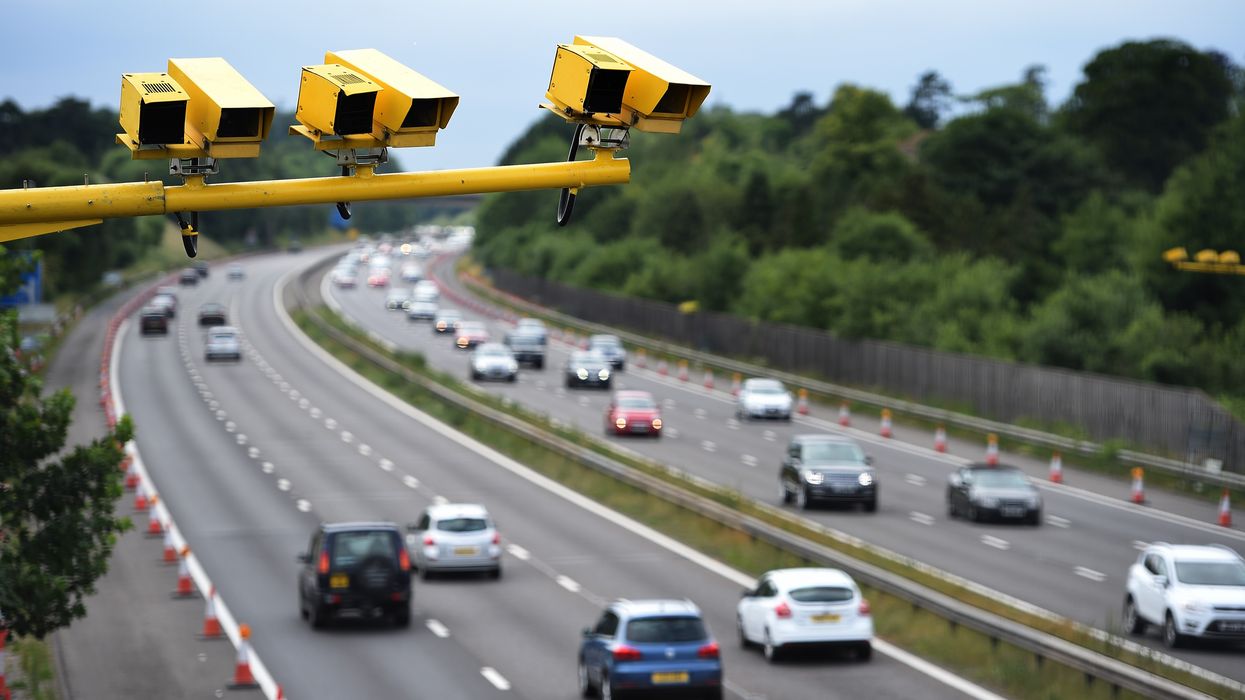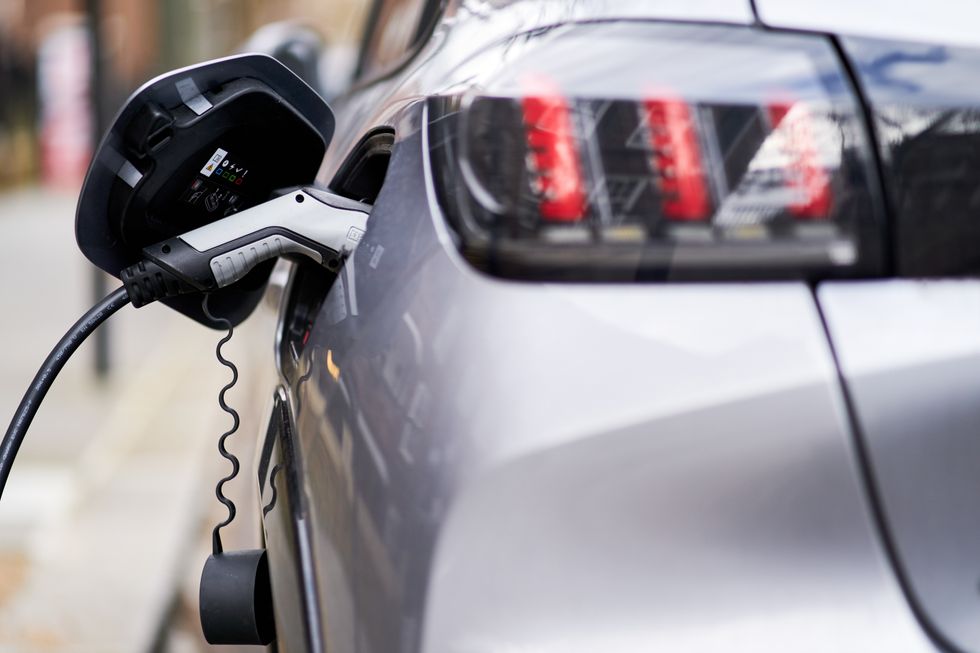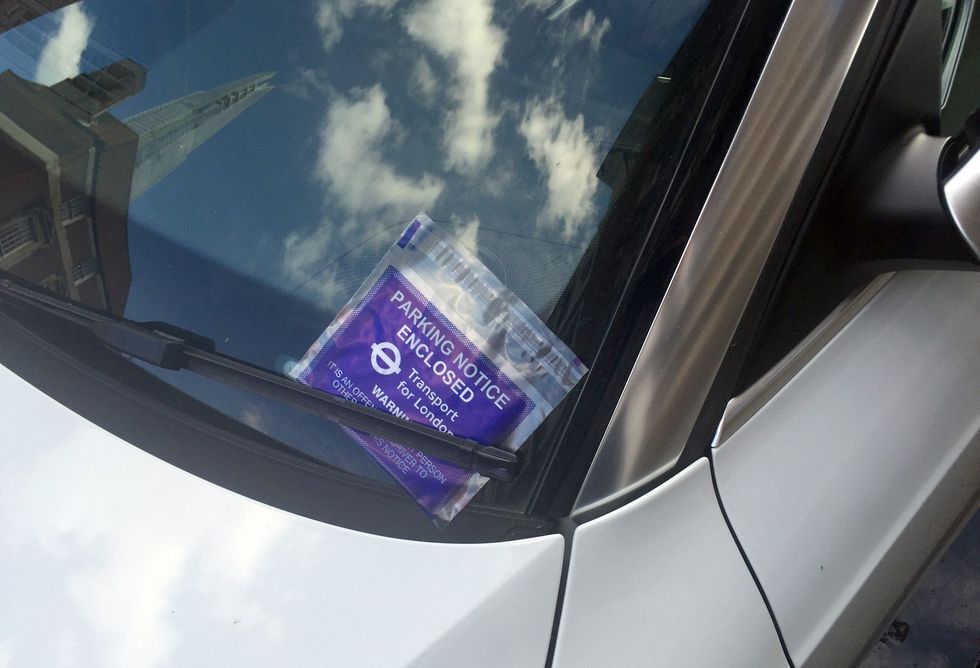Driving law changes to be introduced in October expected to have major impacts on British drivers

Drivers could see changes to the way motorists are fined
|PA

Some drivers may see major savings while other motorists could be hit with more expensive fines
Don't Miss
Most Read
September saw a number of driving rules introduced like new number plates and driving licence changes, with some key announcements also unveiled.
He said this was necessary to allow the upfront cost of electric cars to fall and ensure that motorists chose when to switch, adding that drivers should not be forced by the Government.
The long-awaited Zero Emission Vehicle mandate was confirmed on September 28, and set out the next 12 years for manufacturers, with 22 per cent of car sales set to be zero emission by next year.

EV owners could save money this month
|PA
Electric car home charging
October 1 will see the introduction of the new energy price cap, which will see typical households pay £1,923 a year, down from £2,074.
While all households who use the typical amount of energy will see a saving on their bills, electric vehicle drivers could save even more money.
With the new Standard Variable Tariff being 28p/kWh, EV drivers charging at home could spend £476 on charging if they cover the average mileage of 6,800 miles.
If a driver makes use of a smart, EV-friendly tariff, they could pay as little as £127.50 a year using an Octopus Intelligent rate of 7.5p/kWh.
Oxford Zero Emission Zone
Oxford’s Zero Emission Zone is arguably the UK’s most ambitious emissions-based charging zone, with all polluting vehicles who do not meet exemption requirements being charged a daily fee to drive in the city centre.
Any ultra-low emission vehicle (ULEV) that emits less than 75g/km of CO2 is charged £2, Euro 4 petrol or Euro 6 diesel vehicles are charged £4 and all other vehicles pay £10 a day.
Oxfordshire County Council’s first proposal is to extend all exemptions indefinitely, with the council pointing to the cost of living crisis as a reason to protect Blue Badge holders, business vehicles and residents.
The second is also to scrap the planned price hike in 2025, which would have seen all daily charges double in price. The consultation will end on October 24.
Parking code of practice
A long-awaited consultation will come to an end with the Government looking to make parking fairer for drivers and crack down on predatory private parking companies.
It aims to create consistency across the private parking system, ensure fairness for drivers and increase transparency in the way the private parking industry operates.
If a new code of practice is introduced, it will allow drivers to more easily challenge an unfair parking charge through an independent appeals service.
This comes a year after the Government was forced to abandon plans for a code of practice as a result of parking companies lodging legal challenges to the plans. The consultation will end on October 8.
LATEST DEVELOPMENTS:

The consultation will look into whether fines should be increased
|PA
Parking and traffic fines
London Councils has been consulting on the level of penalty charges for parking and traffic breaches, namely parking, bus lane and moving traffic issues.
The responses to the consultation will be used to inform the decision regarding the future level of penalty charges, which will end on October 23.
Over the last 12 years, the number of penalty charge notices in London has grown by 50 per cent, with London Councils concerned that the charges are not high enough to properly encourage compliance.










